Feature
-
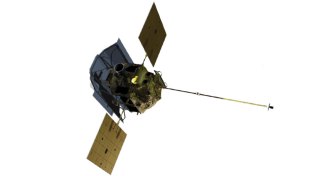 Astronomy
AstronomyAstronomical milestones of 2015
The New Horizons mission to Pluto was the No. 1 science story of the year. Here some other notable space missions.
-
 Science & Society
Science & SocietyScience puzzles no longer so puzzling
This year, researchers solved the riddle of mysterious radio bursts, the Erdös discrepancy problem and an elusive acid.
-
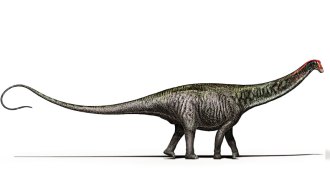 Science & Society
Science & SocietyThese truisms proved false in 2015
Don’t always believe what you hear. These truisms turned out to be false in 2015.
-
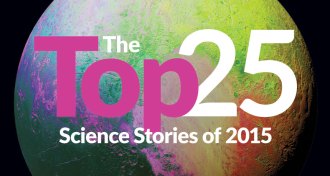 Science & Society
Science & SocietyTop stories of 2015: Pluto, gene editing, a new hominid and more
Pluto up close, the power gene editor CRISPR, new early human kin and more make Science News' list of the top 25 science stories of 2015.
-
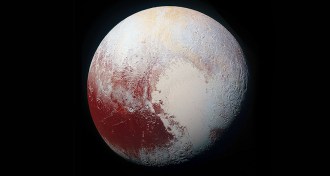 Planetary Science
Planetary ScienceYear in review: Pluto unveiled as a world like no other
Long out of reach, Pluto came into focus in 2015 with the New Horizons mission.
-
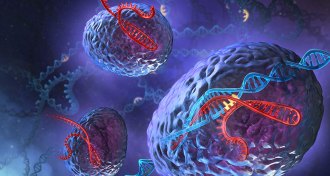 Genetics
GeneticsYear in review: Breakthrough gene editor sparks ethics debate
The gene editing system CRISPR has opened the door to new scientific advancements — and ethical concerns.
-
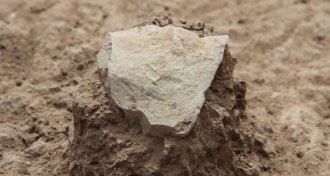 Humans
HumansYear in review: Early human kin could shake up family tree
From a South African cave to an East African rift valley, fossil and archaeological finds reported in 2015 added new twists to the evolution of the human genus.
By Bruce Bower -
 Health & Medicine
Health & MedicineYear in review: Not all bodies act their age
People grow old at different rates, but the underlying drivers of aging may be the same: molecular havoc wreaked inside of cells, scientists suggested in 2015.
By Meghan Rosen -
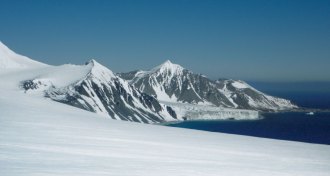 Climate
ClimateYear in review: Global warming continues apace
New climate research showed that the much-discussed warming hiatus never happened, carbon dioxide levels are higher than ever and Earth is heading toward a new normal.
-
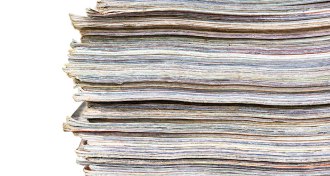 Science & Society
Science & SocietyYear in review: Scientists tackle the irreproducibility problem
In 2015, several research groups reported the extent to which experimental results don't hold up to replication.
-
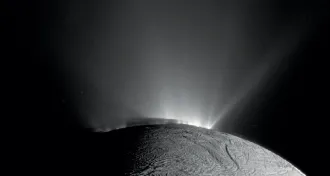 Planetary Science
Planetary ScienceYear in review: Global ocean spans Enceladus
NASA's Cassini spacecraft is offering the best evidence yet that Saturn's moon Enceladus could be a great place to search for extraterrestrial life.
-
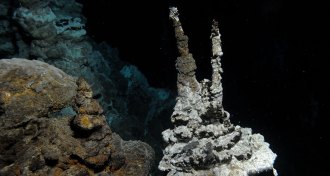 Life
LifeYear in review: Microbe discoveries spur rethink of treetop of life
Microbes discovered in Arctic mud this year could be the closest relatives yet found to the single-celled ancestor that made life so complicated.
By Susan Milius